Haïti / Fort Picolet: Historical Guardian of Liberty
Cap-Haïtien, Haiti’s historic jewel, is home to a fascinating architectural relic: Fort Picolet. Built at the end of the 18th century by the French, this imposing bastion majestically dominates the bay of Cap-Haïtien, bearing witness to the tumults of Haitian history and the fierce struggle for independence.
The history of Fort Picolet is closely linked to that of Haiti, particularly at the time of the Haitian Revolution. During this tumultuous period, when slaves and freedmen rose up against colonial oppression, the fort was the scene of epic battles and fierce sieges. Sometimes used by French forces, sometimes by Haitian revolutionaries, Fort Picolet was a silent witness to the events that shaped the destiny of the nation.
Designed with a strategic vision, the fort embodies the military architecture of its era. Its thick stone walls, strategically positioned cannons and viewpoints overlooking the bay make it an impregnable bastion. Its name, Fort Picolet, pays homage to General Louis Marie, Marquis de Picolet, French governor of Cap-Français at the end of the 18th century.
Today, Fort Picolet remains much more than a simple historical monument. It is a living symbol of the resilience and determination of the Haitian people. Visitors who wander through its ruins can feel the imprint of history and contemplate the remains of a tumultuous past. From up there, a panoramic view of the bay of Cap-Haitien is available to them, offering a unique perspective on the strategic importance of this place in the maritime history of Haiti.
As a pillar of Haitian tourism, Fort Picolet attracts visitors from around the world. Its historical aura, combined with the natural beauty of its environment, makes it a must-see destination for history and culture lovers. More than just a tourist attraction, Fort Picolet is a poignant testimony to the endless struggle for freedom and the cultural richness of Haiti.
Throughout the centuries, Fort Picolet has survived the test of time, reminding everyone that freedom is an inalienable right, hard won and carefully preserved. By exploring its ramparts, contemplating its silent cannons, visitors find themselves immersed in the tormented history of Haiti, a story of courage, resistance and hope.
Live an extraordinary experience by virtually visiting the ruins of Fort Picolet: https://haitiwonderland.com/haiti-virtual-reality-ht/monuments-histoire/haiti--fort-picolet--visite-virtuelle/14
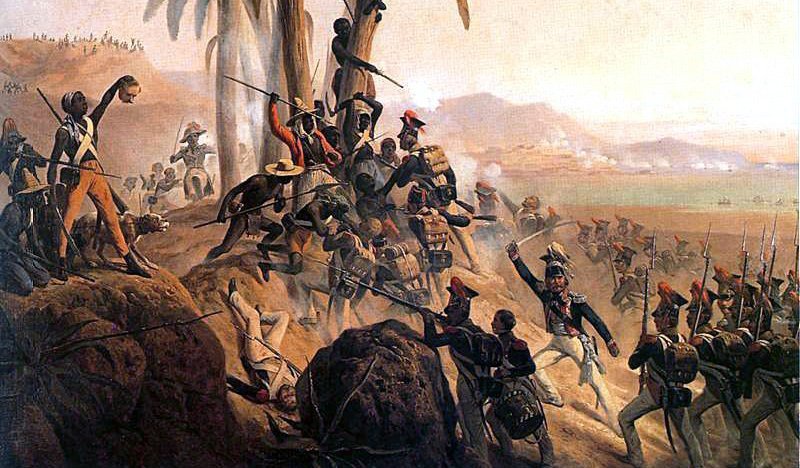









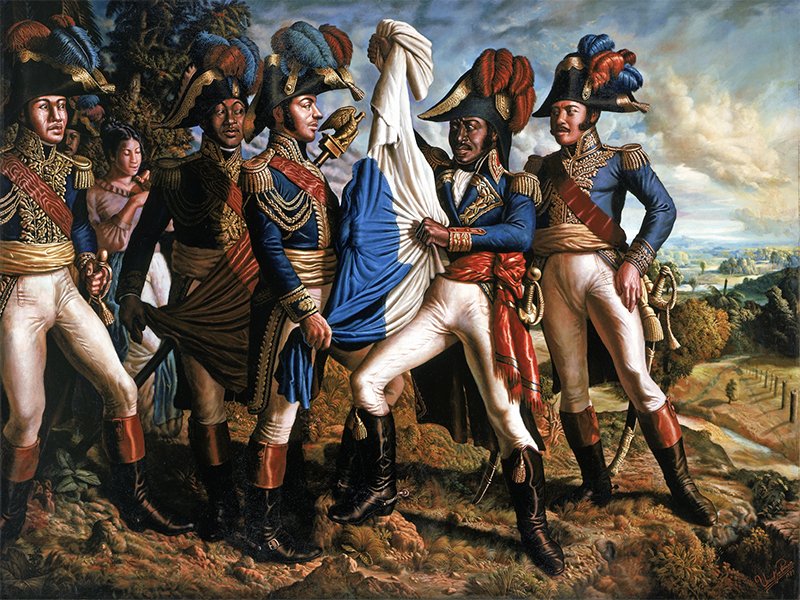



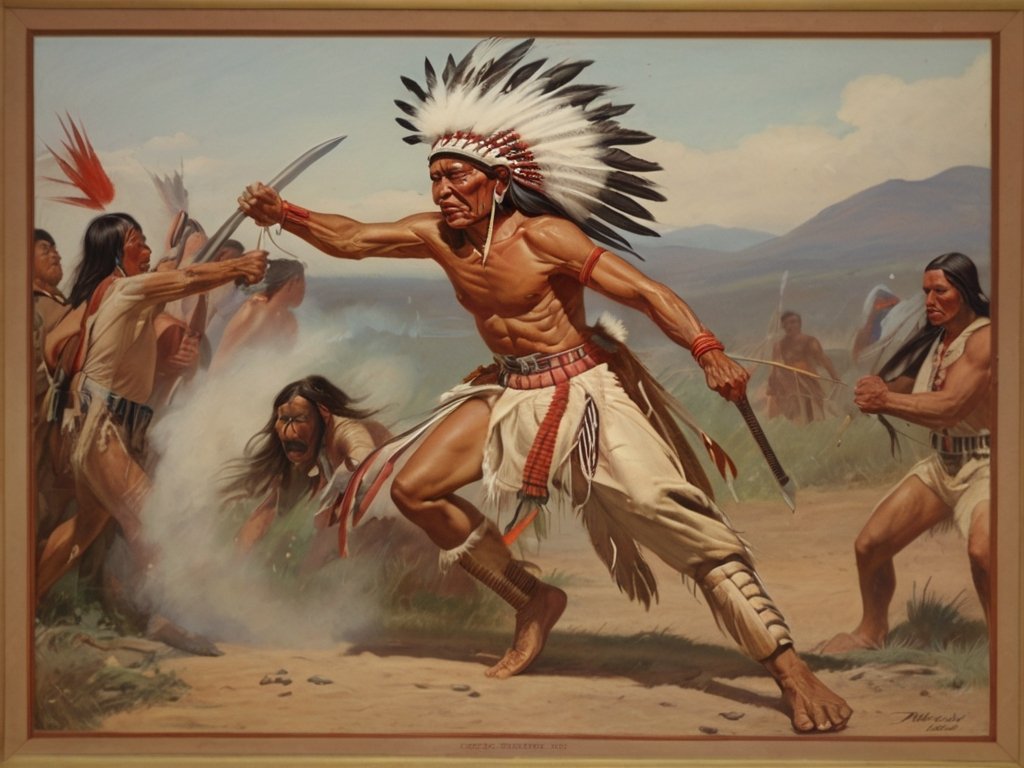


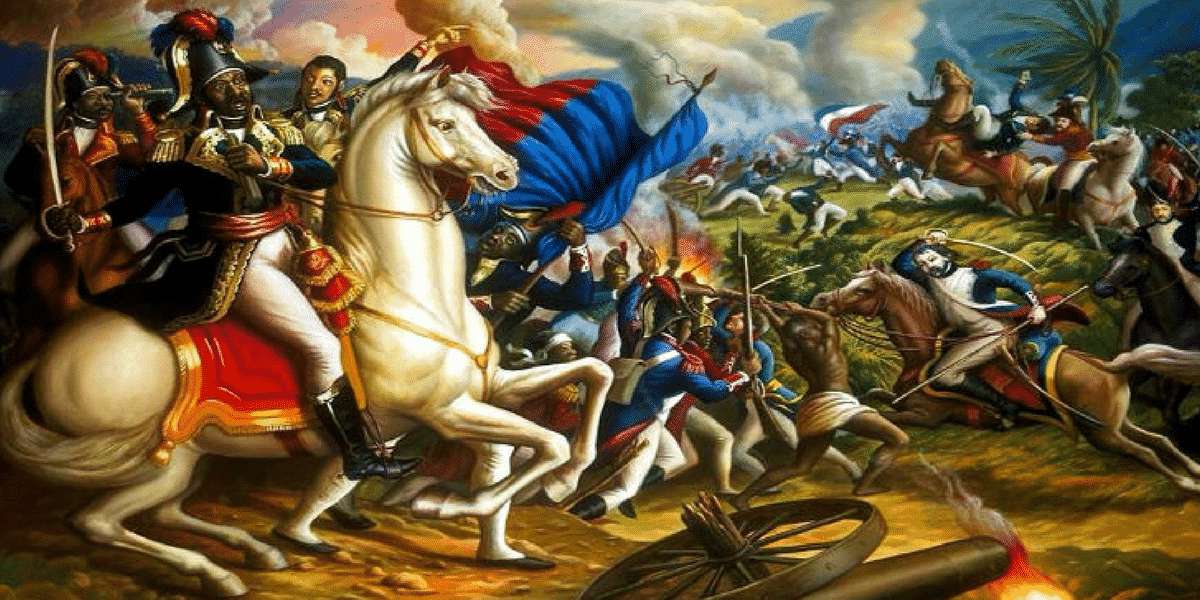

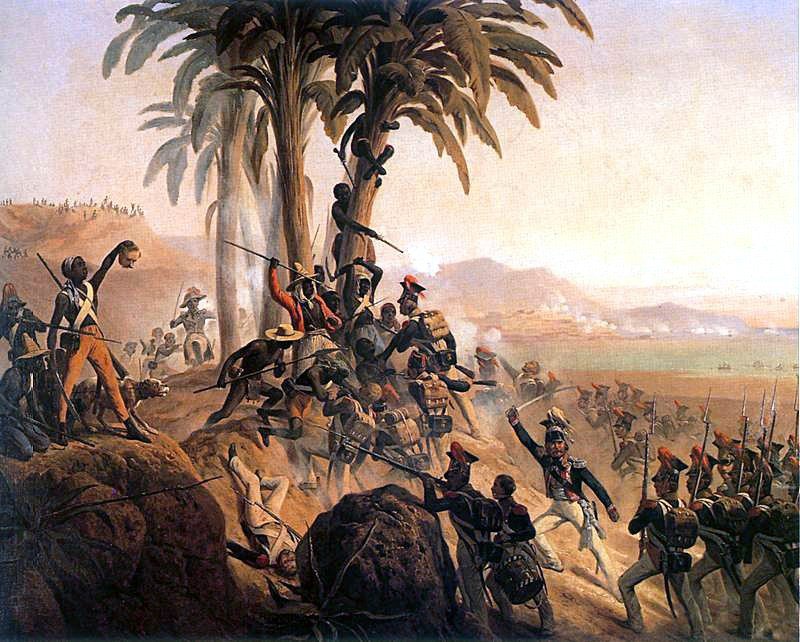
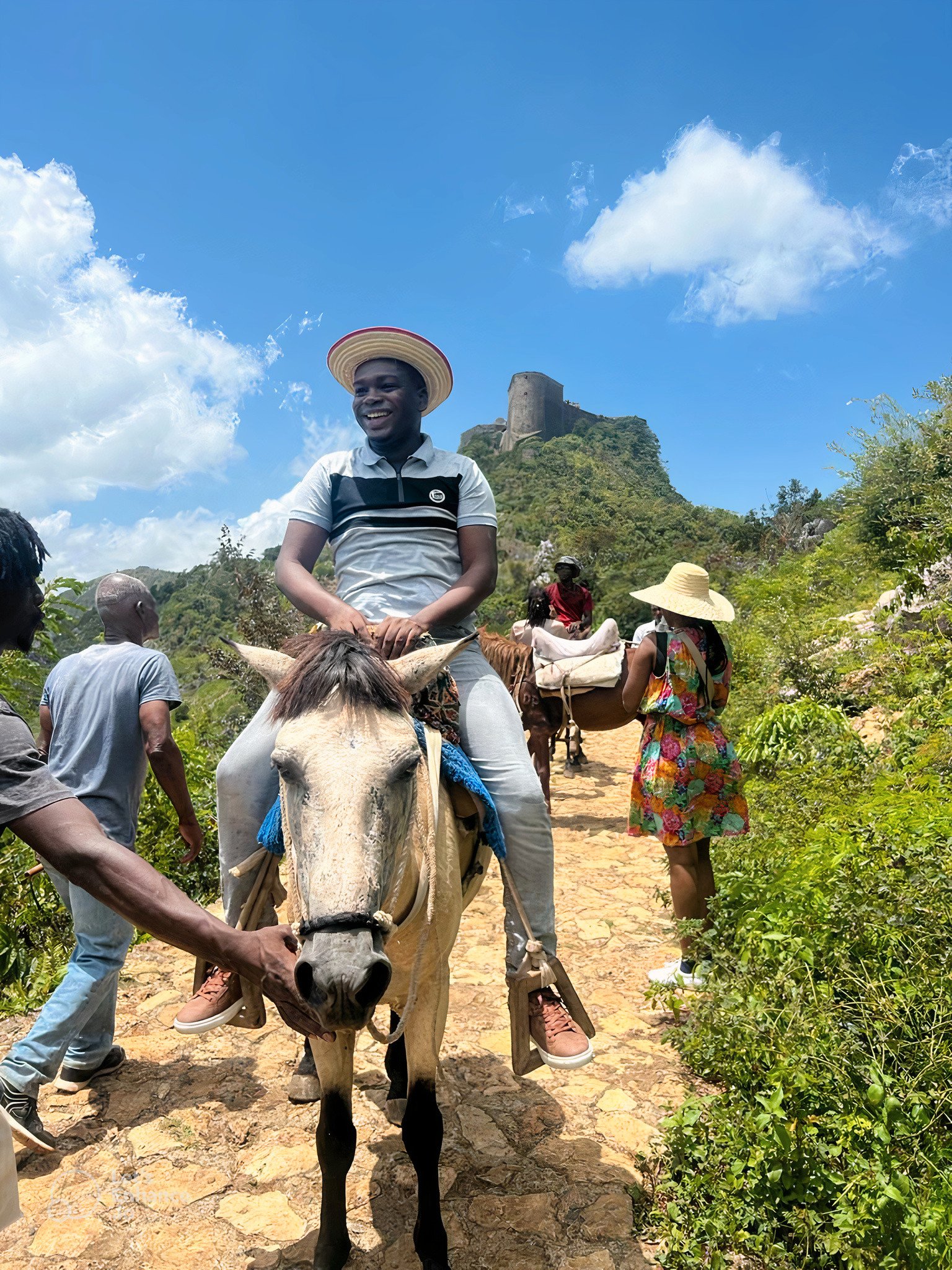


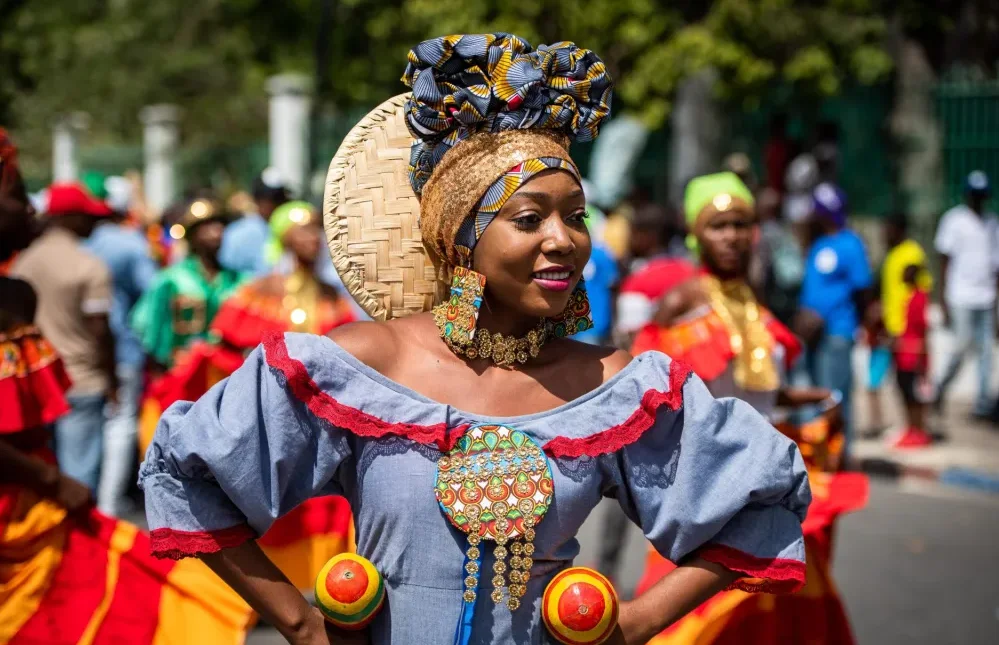


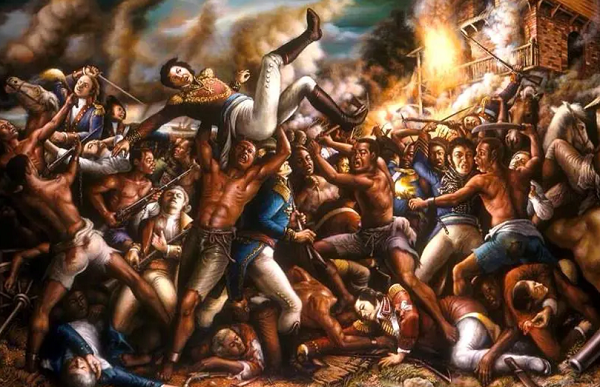
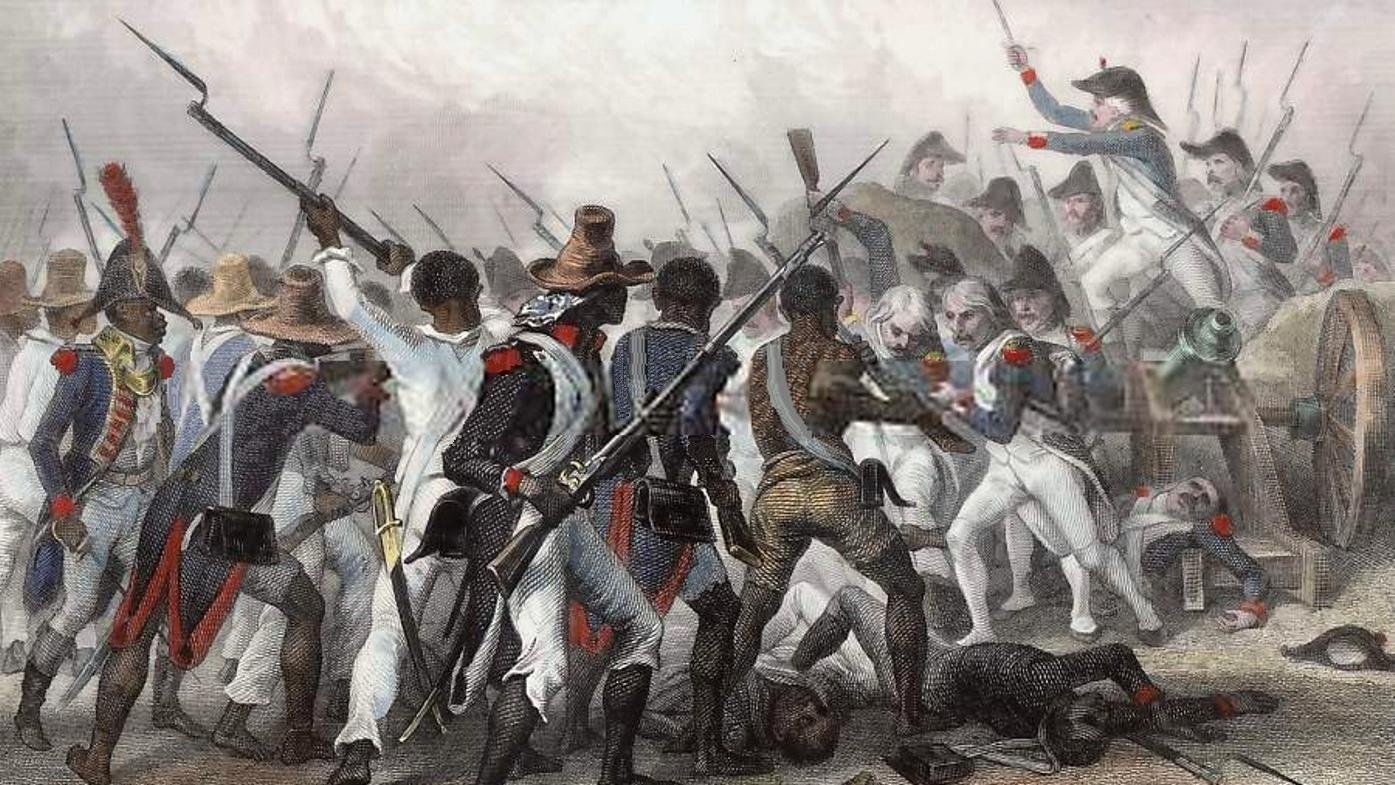

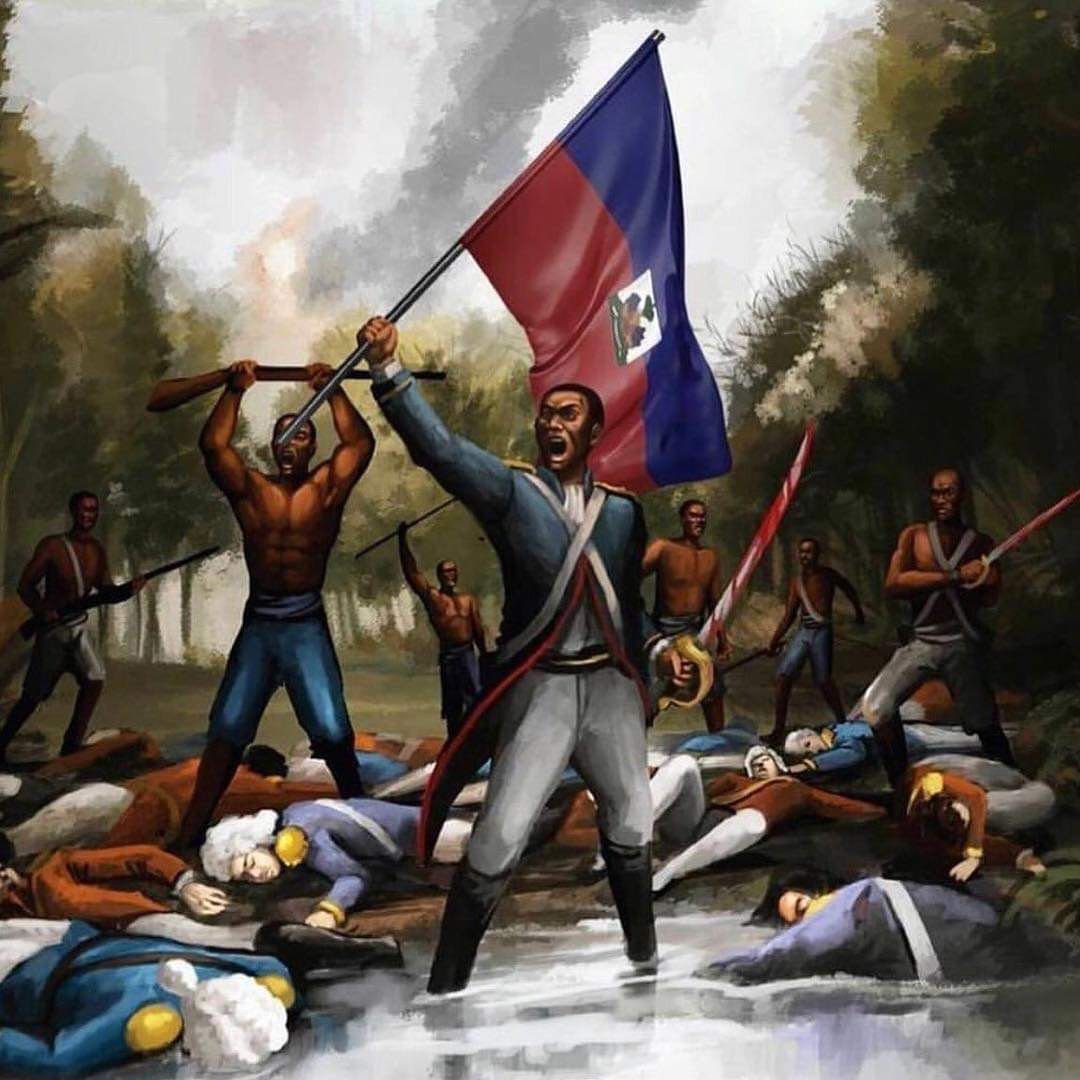
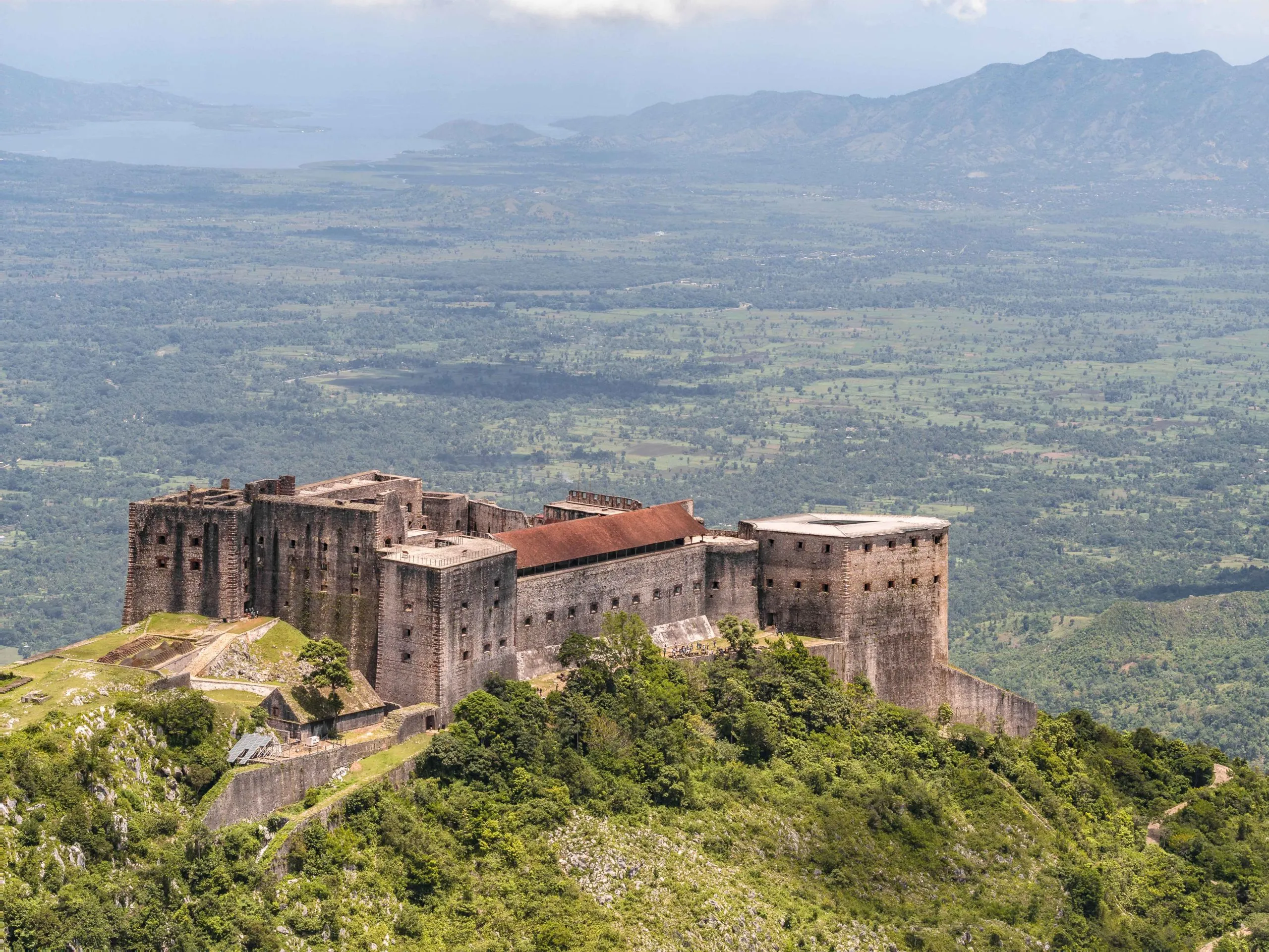
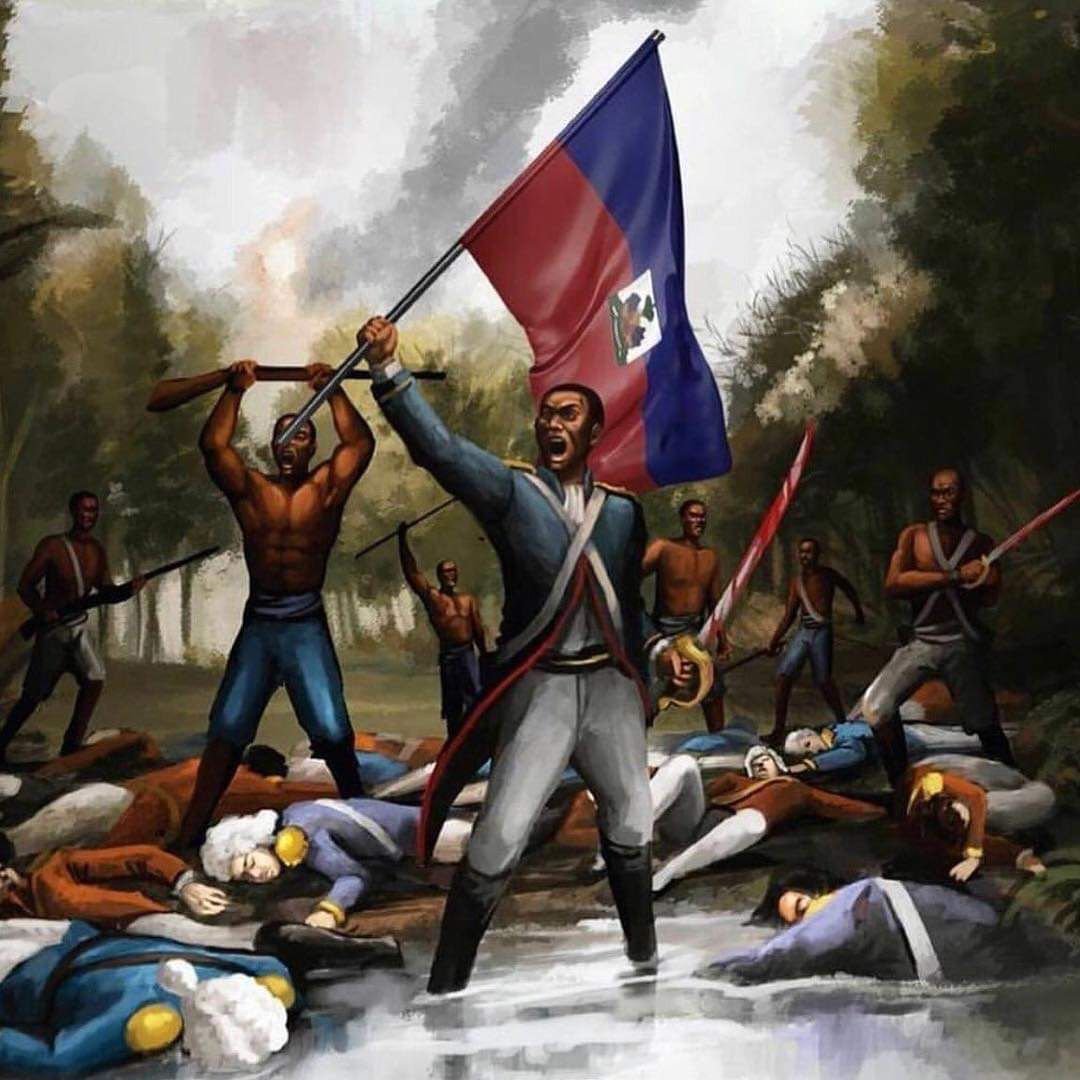

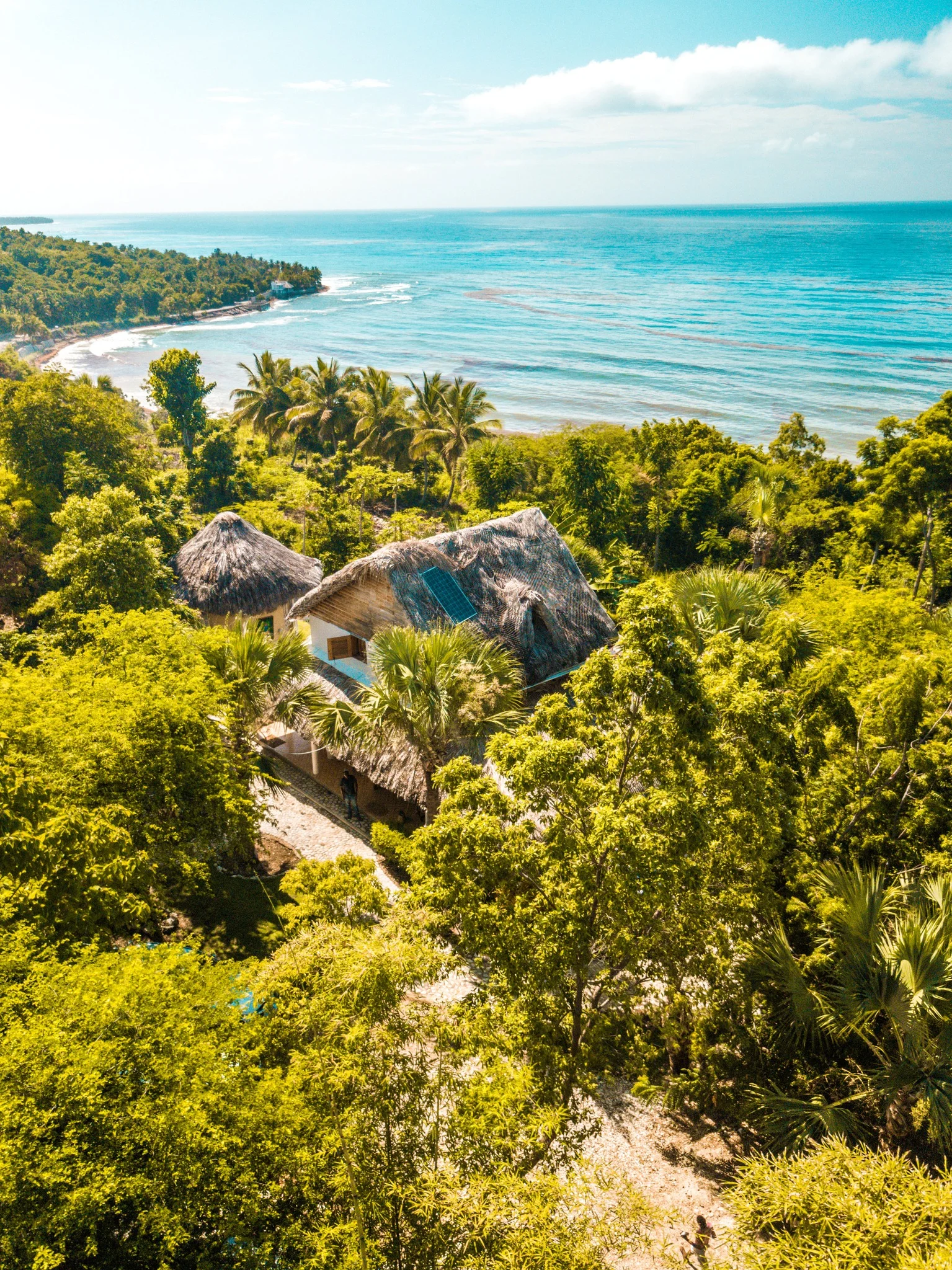
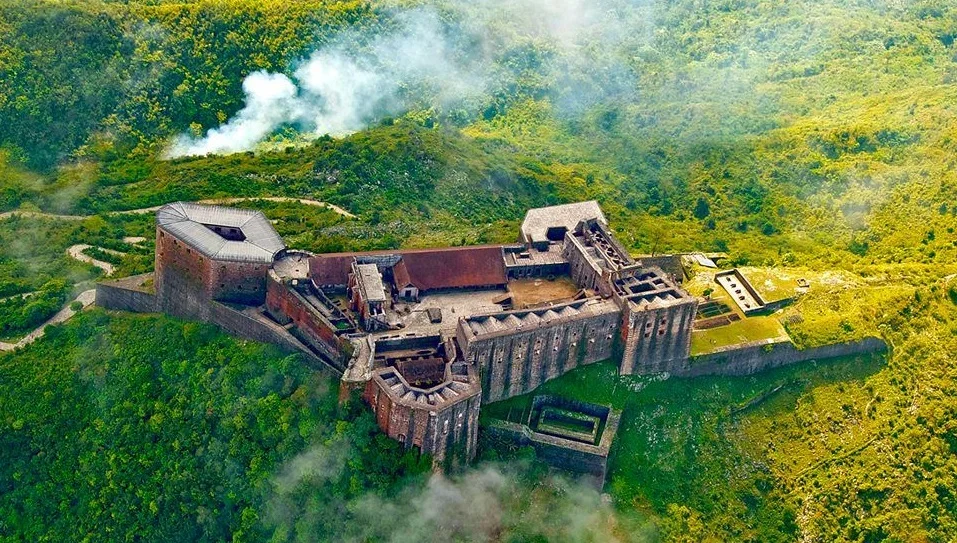


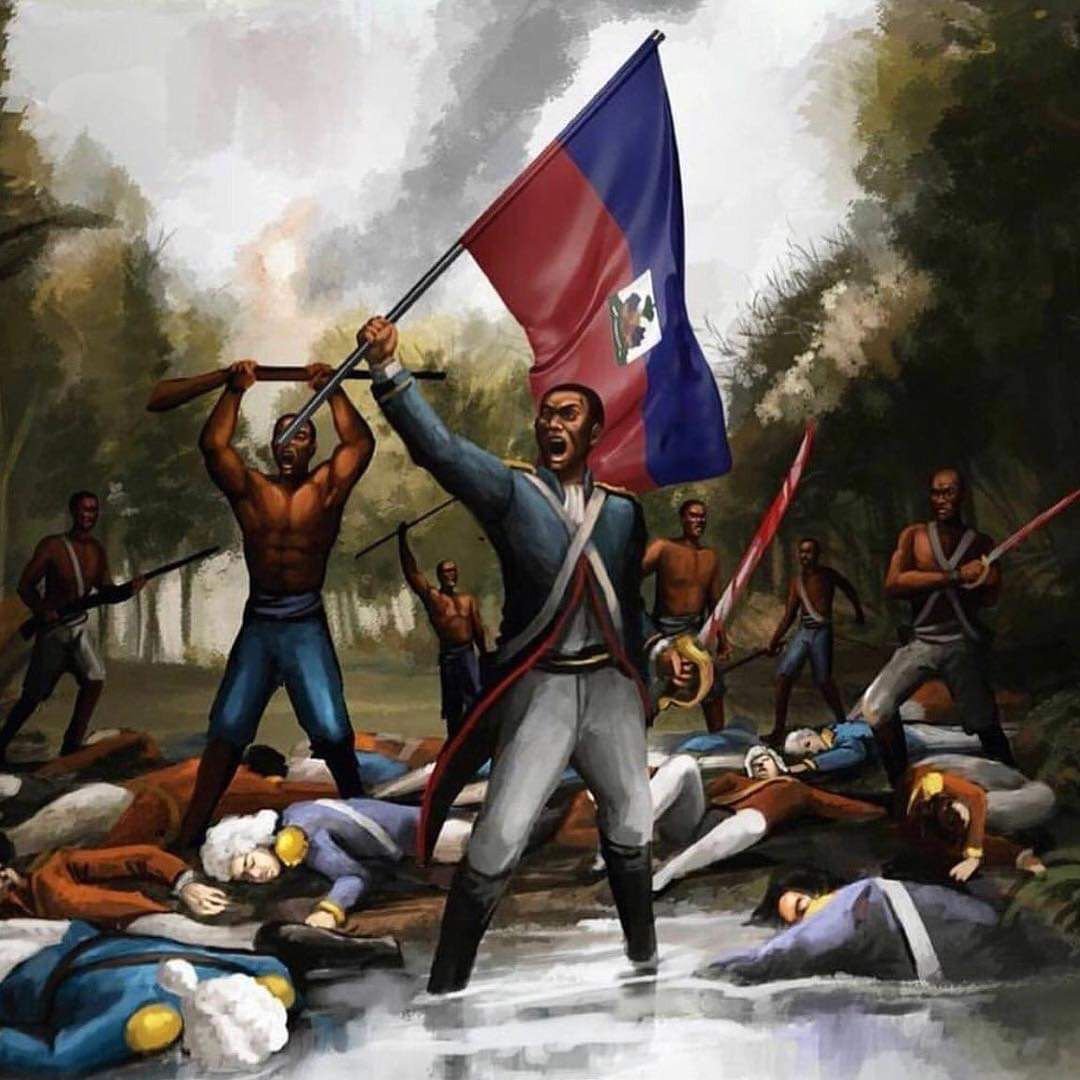



















































Haïti deviendra et restera le pays le plus riches du monde au nom de Jesus. Cette force mysterieuse qui est Dieu lui même est avec Haïti et c'est lui qui rallumera notre flame 🔥 et l'etoile d'Haïti brillera partout même dans les tenebres les plus profond. Car Haïti est pour Dieu et Dieu pour Haïti. Que l'huile du tout puissant (divine) tombe sur Haïti et que dès aujourdhui tout monde voit Haïti comme un pays riches, libres,et qui continue de prosperer a la vue du monde entier.Que le bon sens et l'esprit de sagesse qui vient de Dieu ranime chaque personne qui va diriger ce pays pour le bien du peuple et aussi des etranger qui demeuront ce pays. Haïti, est le pays ou on vit la vie on aime la ,on respecte la vie,on vit la vie sainement. Tout prospere en Haïti pour la gloire de Dieu et le peuple qui y reside. Au nom de JESUS.Amen.
September 24, 2024 - 09:41:23 AMÇa me fait plaisir losque les gens dissent des belles chooses vrais de mon pays.
October 18, 2024 - 03:58:01 AM